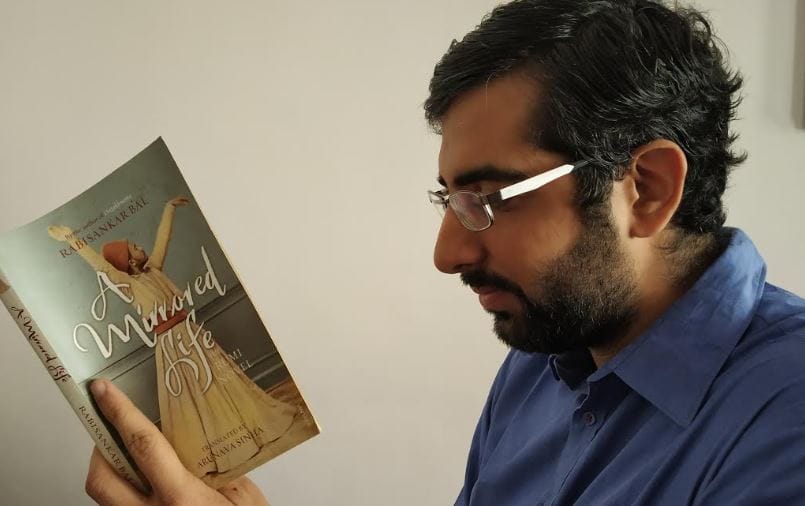
Reading Time: 2 min 37 sec
Students who do not read during the summer have a hard time when they return to school in the new academic- it’s called the Summer Slide. To avoid the summer slide, educators recommend that students read. Read to learn, Read to become knowledgeable, Read to have a Hero, Read to have Courage, Read to have Conviction, Read to create Meaning of the World around you. Oxford Statistics show loss of learning during the summer if one does not participate in some learning.
Reading a book is not simply devouring the words and understanding what happens at the end of the book. Read for Pleasure; it is subjective. Read whatever makes you tick. When you can’t put the book down and your brain fizzes, questions rush to your head, whether it is about a plot, character, theory, method or the heart, or you lose track of time, then you know you are reading!
Read to discover new words, new meaning, new relationships. Ask students to Connect – connect with the characters, connect with the setting, connect with the world around them. Do not think about the format: it could be digital or print. Reading is the key, not the platform.
Here are some questions to think about while reading, taking reading to a level of deep comprehension. Superficial reading does not help anyone. The present 21st-century skills require the individuals to have deep comprehension skills by analyzing, comparing, synthesizing and questioning the texts. ASK THINK & QUESTION.
Reading Reflection
Remember your thoughts, opinions, and ideas about the story; they are essential. You may write down your reflection or share your observations about the story with an adult. Be sure to share your thoughts in complete sentences, adding details to support your thinking.
- Who was your favorite main character in this story? What are the actions and personality traits that was most likable or appealing? Why?
- What is the author’s purpose for the story (to Persuade, Inform or Entertain you)? Explain with evidence.
- Quote a passage from the book that sticks to memory, and explain why that idea or message impressed you so much. What is the main message in the story (not the ending of the story). What does it mean to you? How is it connected to you or the world around you?
- What is the most significant hardship experienced by your favorite main character? How did his or her difficulty affect your emotions while reading the novel? How are these hardships similar to people you may know in your life? How is it different or the same?
- Summarize the most crucial scene, or climax, of the story. How does the climax affect your favorite main character? Does the climax create greater happiness for him or her? Does it allow this character to accomplish his or her goal within the story? Please explain.
- Recall a favorite character from your book. Now, using the first person point of view (“I” and “me”), become that character and write a short episode about one of “your experiences,” based upon the storyline.
- What questions would you like to ask the author before you read this book? What are you wondering about as you look at the cover and back of your book?
- As you’ve been reading, what pictures have been in your mind? If you were in the story, what would you hear, taste, smell or feel? What does the character/setting look like in your mind? Tell me what you imagined in your mind as you read that page/paragraph.
- Summarize what you have read today? Retell the essential events in sequential order.
- If you have read a nonfiction book, what have you learned, and what are some of the connections you see with other disciplines or subjects.
- What areas would you like to research about after you have read this book?
- What are the ideas, concepts or plans you have about the topic that triggered your imagination?
Here is another reading reflection for Elementary Students
“Research Roundup: 2014 Summer Reading Suggestions.” Science and Children 051.09 (2014): n. pag. St. Temple School. 2014. Web. 25 Apr. 2017. <http://stmarys-temple.org/documents/Summer%20Reading%20List%20Assignment%20(1).pdf>.

